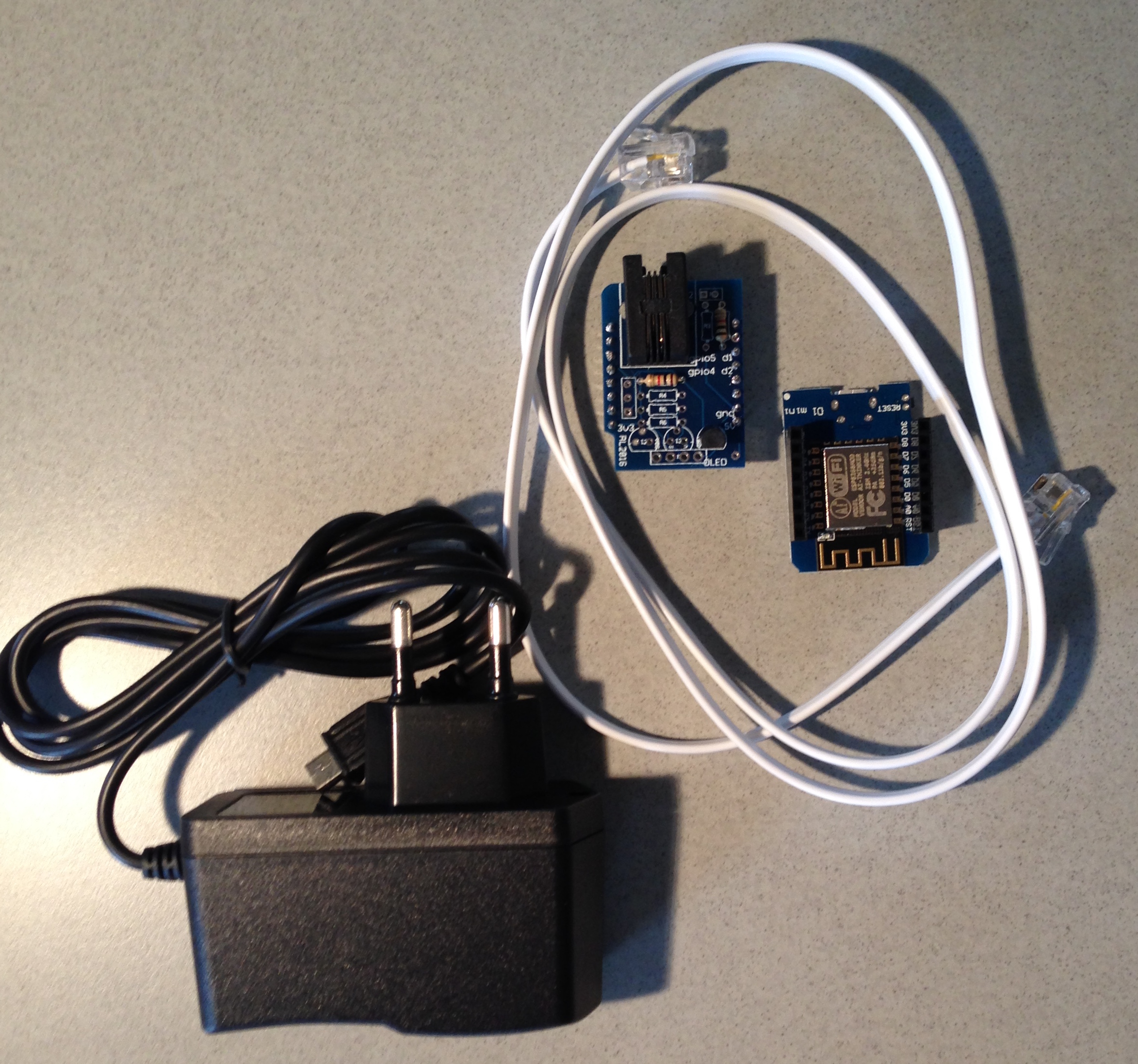Ronald Leenes, Erica Palmerini, Bert-Jaap Koops, Andrea Bertolini, Pericle Salvini & Federica Lucivero, Regulatory challenges of robotics: some guidelines for addressing legal and ethical issues, Law, Innovation and Technology, Pages 1-44 | Received 01 Mar 2017, Accepted 07 Mar 2017, Published online: 23 Mar 2017, free download at http://dx.doi.org/10.1080/17579961.2017.1304921
Robots are slowly, but certainly, entering people’s professional and private lives. They require the attention of regulators due to the challenges they present to existing legal frameworks and the new legal and ethical questions they raise. This paper discusses four major regulatory dilemmas in the field of robotics: how to keep up with technological advances; how to strike a balance between stimulating innovation and the protection of fundamental rights and values; whether to affirm prevalent social norms or nudge social norms in a different direction; and, how to balance effectiveness versus legitimacy in techno-regulation. The four dilemmas are each treated in the context of a particular modality of regulation: law, market, social norms, and technology as a regulatory tool; and for each, we focus on particular topics – such as liability, privacy, and autonomy – that often feature as the major issues requiring regulatory attention. The paper then highlights the role and potential of the European framework of rights and values, responsible research and innovation, smart regulation and soft law as means of dealing with the dilemmas.
KEYWORDS: Robotics, regulation, regulatory dilemmas, technology regulation, smart regulation, responsible innovation, soft law


